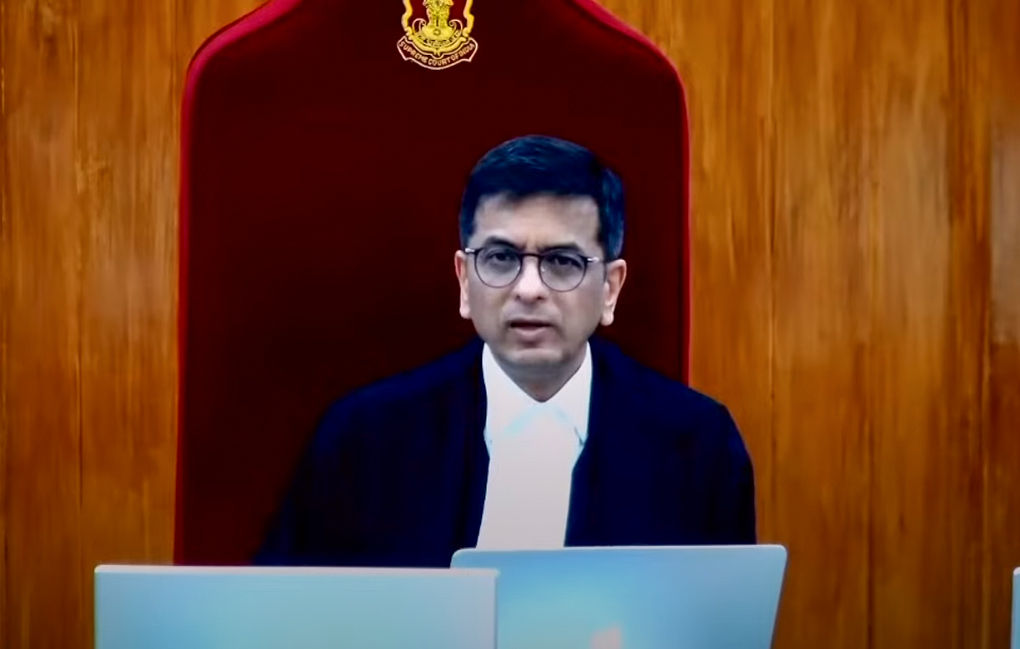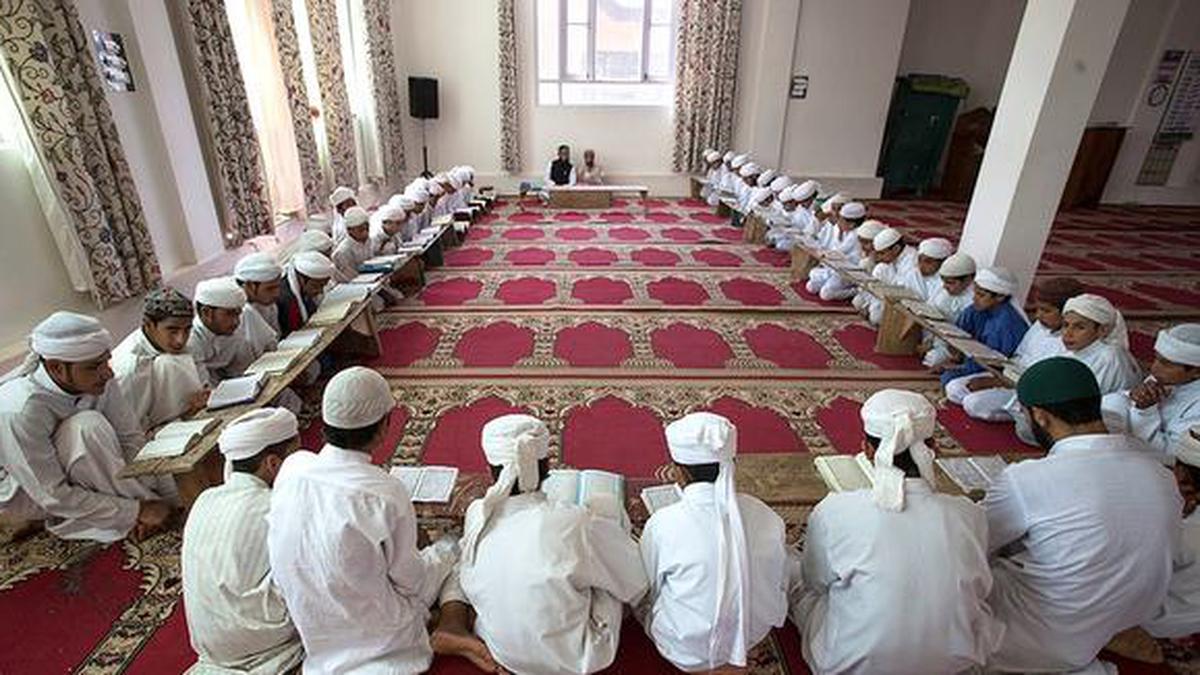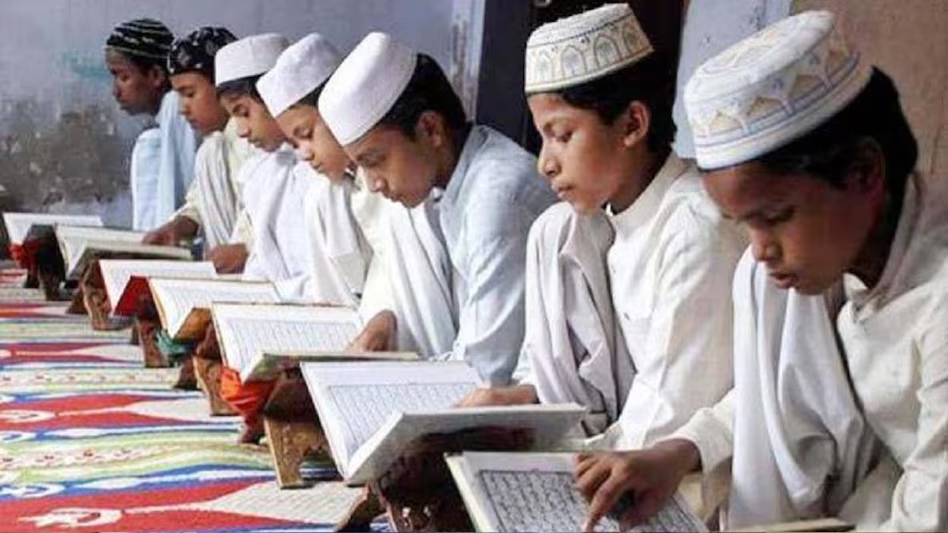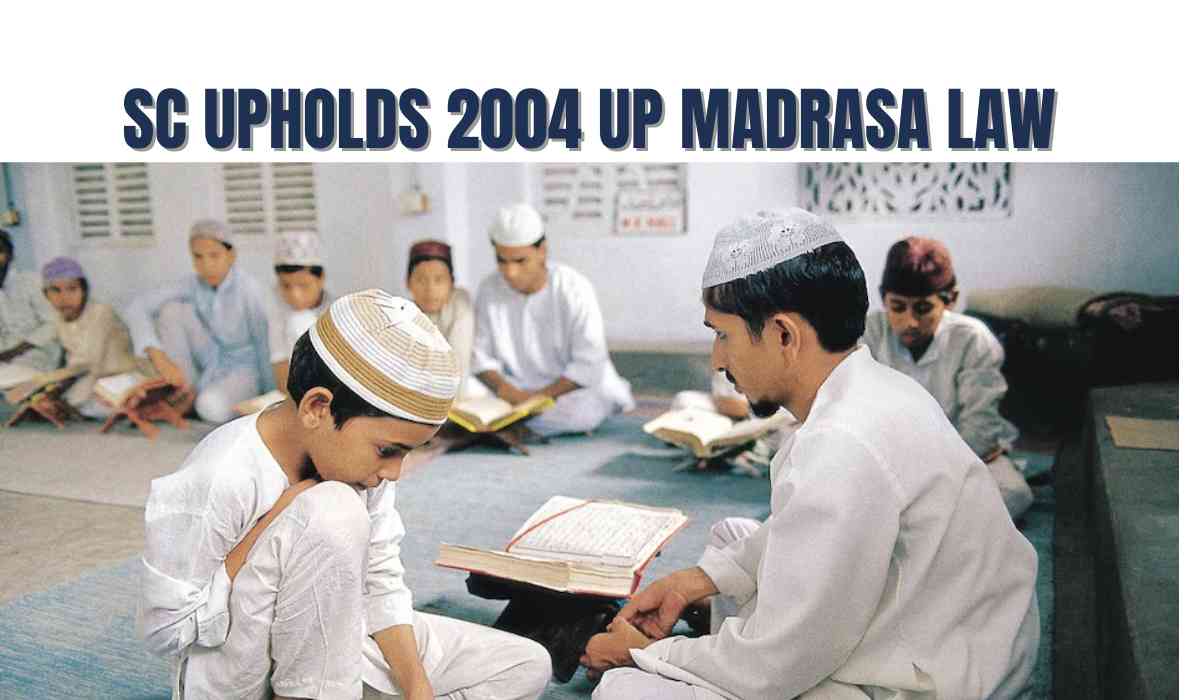The Supreme Court of India upheld the Uttar Pradesh Madrasa Education Act, 2004 today and allowed around 16,000 madrasas in the state to continue functioning under a regulatory framework. A three-judge bench led by Chief Justice of India D.Y. Chandrachud overturned an earlier ruling by the Allahabad High Court that had declared the law unconstitutional and against the principle of secularism. The ruling directly impacted nearly 17 lakh students enrolled in madrasas across Uttar Pradesh. The court also clarified that the Act remains consistent with the state’s duty to provide adequate education and enable students to acquire skills for a decent livelihood. The bench said that, though the Act includes provisions for religious education, this does not make it unconstitutional.

The Uttar Pradesh Madrasa Act, 2004
The Uttar Pradesh Madrasa Act of 2004 was created to oversee and standardize madrasa education in the state. The Act also established the Uttar Pradesh Board of Madrasa Education comprising members mainly from Muslim community. The Act mandated that madrasas offer secular courses aligned with the National Council of Educational Research and Training (NCERT) curriculum. Its aims to elevate educational standards in madrasas and also ensures students receive qualifications that allow them to pursue higher education.

Why Did the Allahabad High Court Strike It Down?
On March 22, 2024, a bench of Justices Subhash Vidyarthi and Vivek Chaudhary of the Allahabad High Court declared the entire Act unconstitutional on three main grounds:
Secularism Violation: The High Court argued that the Act’s emphasis on mandatory Islamic education in madrasas conflicts with India’s secular principles. The court noted, “The government has a duty to provide secular education” and found that emphasizing religious education within madrasas contradicted this obligation.

Right to Quality Education: Citing Article 21A, which guarantees free and compulsory education for children aged 6 to 14, the High Court argued that madrasas were not meeting these standards. The court stated that “the state cannot hide behind the lame excuse that it is fulfilling its duty by providing traditional education on nominal fees.”
Conflict with Central Law: The High Court found that the madrasa board’s authority to grant degrees such as ‘Fazil’ which is equivalent to Master’s degree conflicted with the University Grants Commission (UGC) Act. which reserves degree-awarding powers for universities and institutions recognized under Section 3 of the UGC Act.
Inputs by Agencies
Image Source: Multiple Agencies
Ⓒ Copyright 2024. All Rights Reserved Powered by Vygr Media.





















